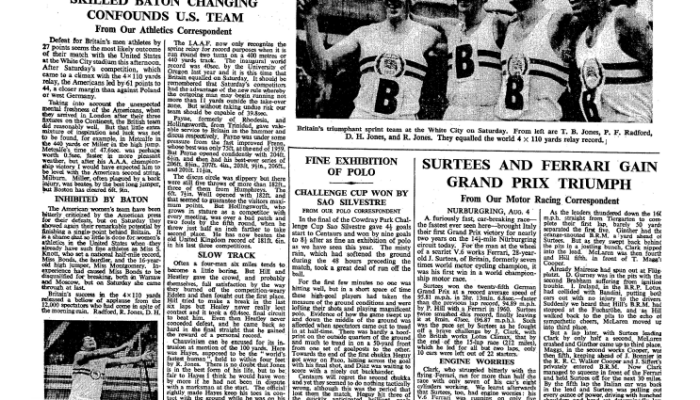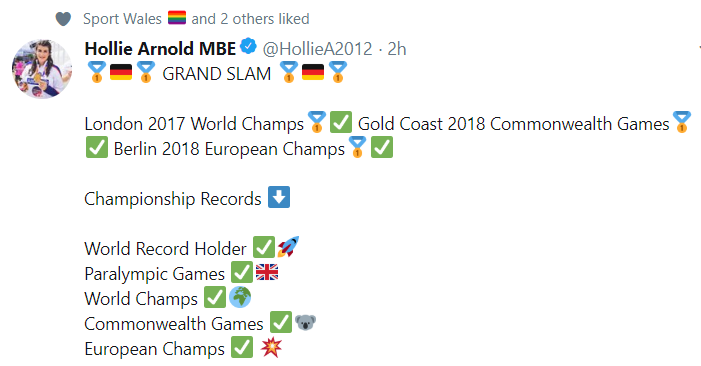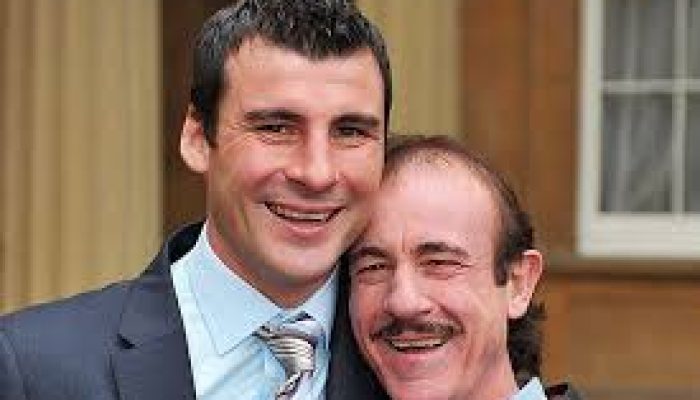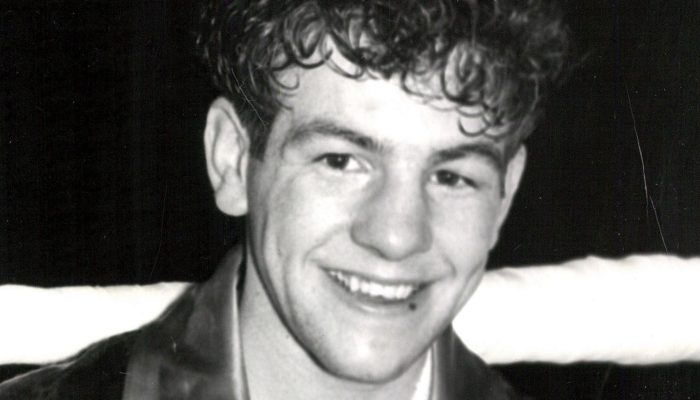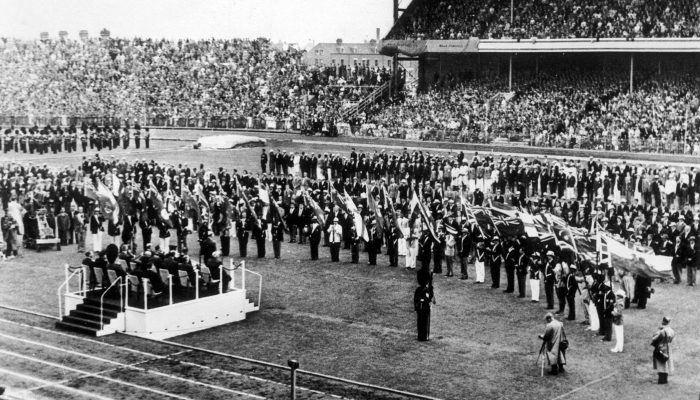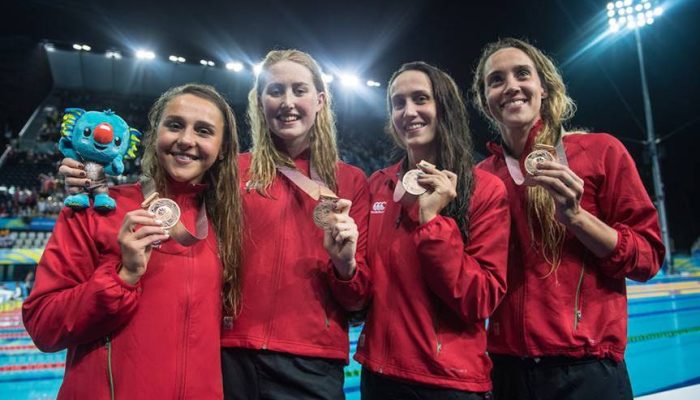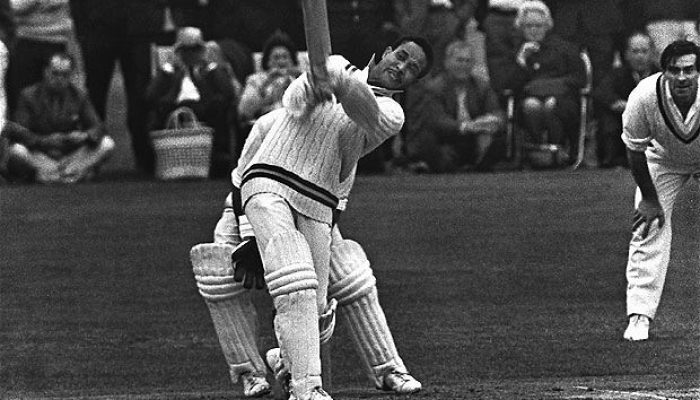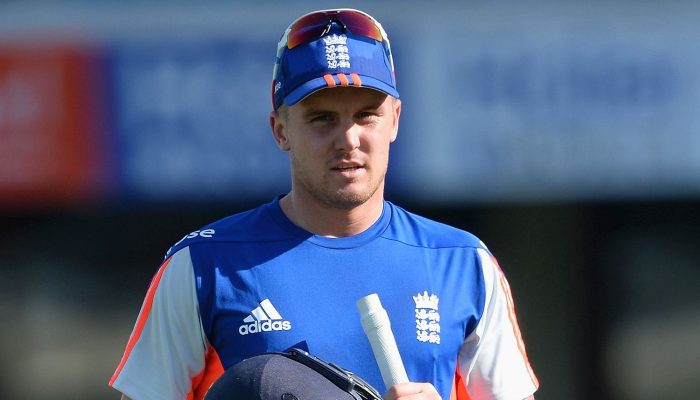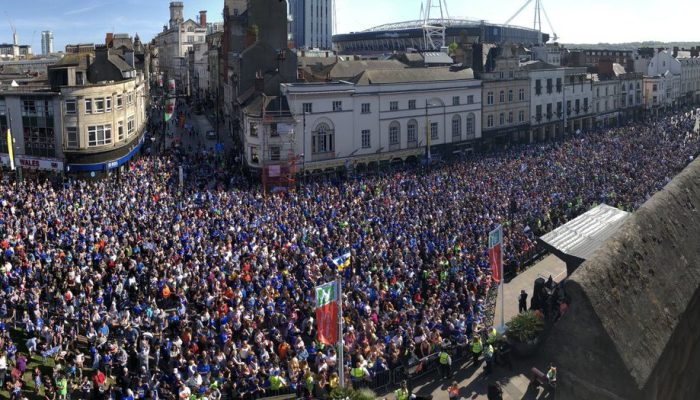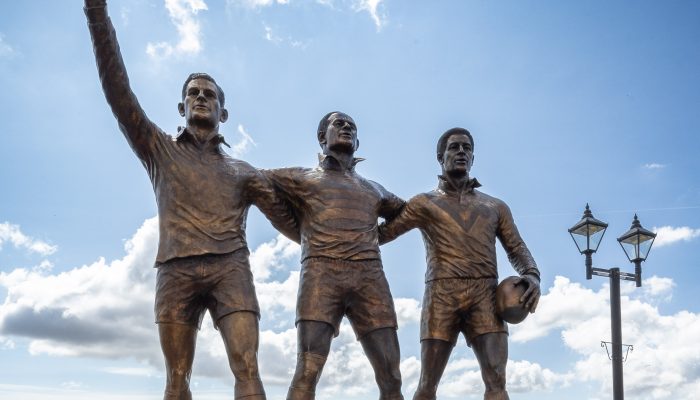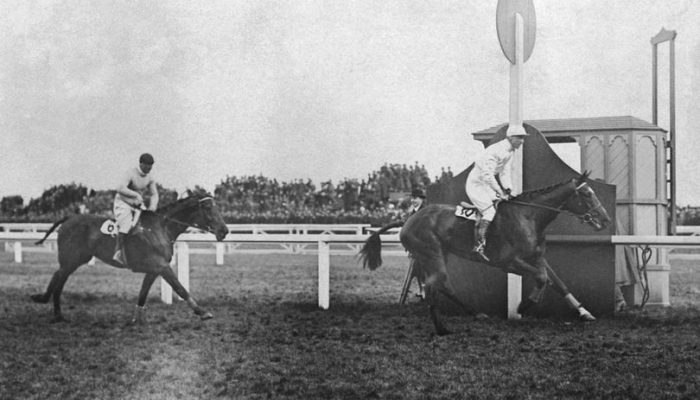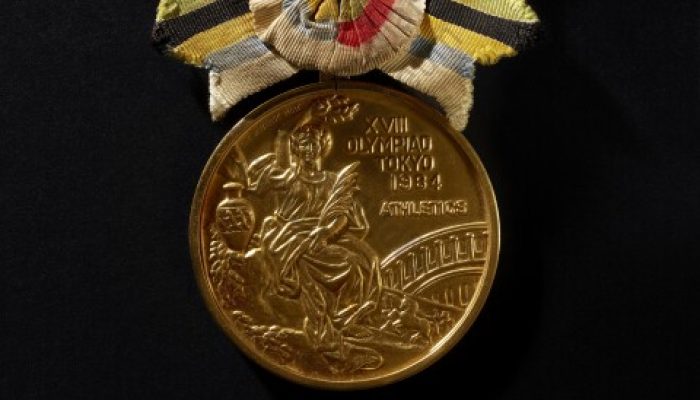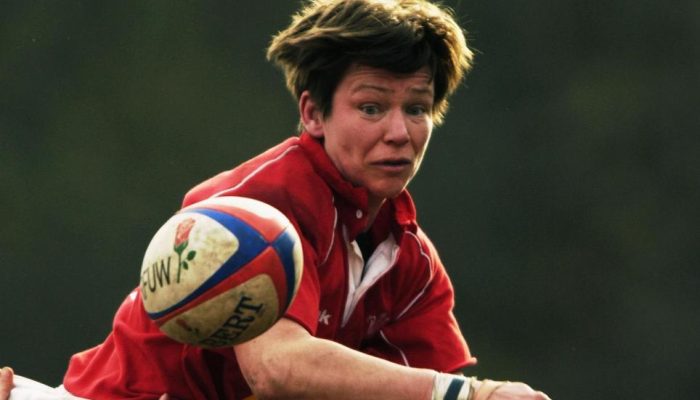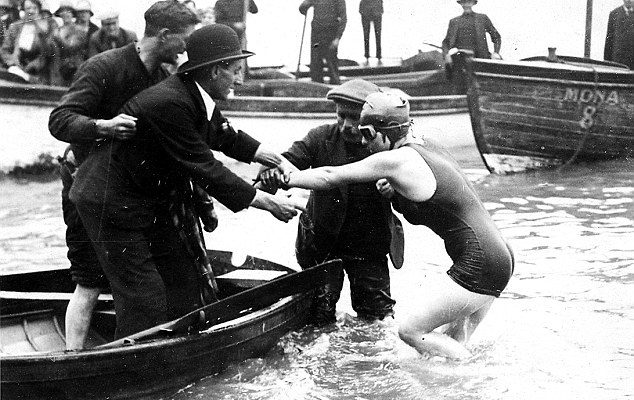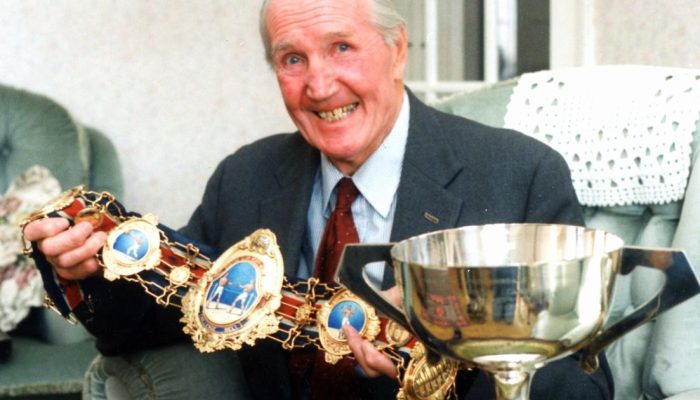
Jack Petersen
As the hype raged ahead of the all-British world title re-match between super middleweights Carl Froch and George Groves at Wembley Stadium in 2014, the attendance reached 80,000 fight fans. But what few remembered was that that figure was a full 10,000 fans short of the official British boxing attendance record set by Welsh favourite Jack Petersen and Len Harvey 80 years earlier.
When they met for the second time at the White City on 4 June, 1934, the appetite for the return meant there were almost nine times as many fans as saw Harvey take the British crown off the Welshman at the Albert Hall less than seven months later. There is little doubt that the Cardiff-born Petersen was top box-office talent in the thirties and he filled many major arenas during his six year career.
He won the British light heavy and heavyweight titles in the space of 50 days in 1932 and then added the Empire heavyweight crown when he beat Harvey at the White City. At 19 he won the Welsh ABA light-heavy and heavyweight titles, then the British amateur light-heavyweight title. He knocked-out Bill Partridge in his first professional fight and then, after 16 wins, took the British light-heavy title from Harry Crossley.
There was a school of thought that had he stayed at that weight he would have ruled the world, but the big money was in the heavyweight division and so he relinquished his first title and stepped up to the top weight bracket.
It was a good decision and his second-round knock-out of Reggie Meen in July, 1932, saw him become Wales’ first British heavyweight champion aged just 20. He put that title on the line three times against the versatile Cornishman, Harvey, losing his 24 fight unbeaten run to him in the first clash.
But it was the second meeting, at the White City, that really captured the imagination of the public.
“Judging by present bookings, nothing I have ever staged, either in Britain or on the Continent, approaches this fight as an attraction. I really believe it will draw the biggest crowd in the history of boxing in Europe,” predicted the promoter, Jeff Dickson.
White City was an established boxing venue capable of holding up to 100,000 people. Harvey failed to agree a £500 side stake, but there was enough money to go round for both fighters when the promoter quickly decided to buy out the ticket percentage options he had agreed with both boxers when the tickets began to fly out of the door.
Special trains were laid on from South Wales to London and the young champion hassled the promoter long and hard enough to ensure there were reduced train and ticket packages for his Welsh fans. The fight itself lived up to expectations. Petersen, who has his father ‘Pa’ in his corner, admitted he went into the fight ‘seeing red’ and determined to avenge his defeat.
Both men received warnings in the early rounds, but by the fifth the heavier punching Petersen had weakened Harvey and he was eventually forced to a standstill and retired in the 12th. Petersen would defend his British crown three more times and go on to beat Harvey in a third contest in 1936. But cuts sustained in three bruising defeats with the German Walter Neusel meant he retired almost in his prime at the age of 25.
Petersen went on to become President of the British Boxing Board of Control, chairman of the Welsh Sports Council and was made OBE.
Jack Petersen (Boxer) Born in Cardiff on 2 September, 1911; Died in Bridgend on 22 November, 1990.


